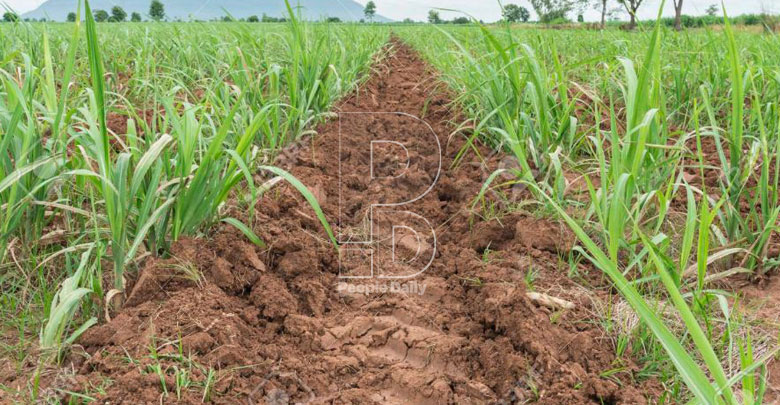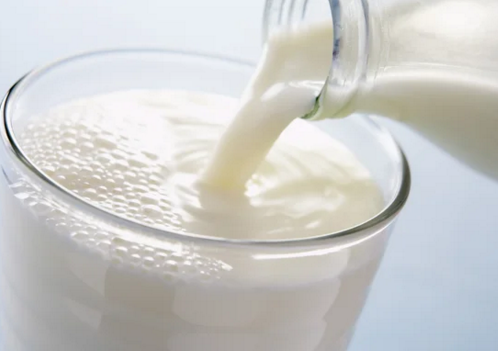President spells out reforms in tea, milk sectors

President Uhuru Kenyatta has announced a raft of measures to revitalise the agricultural sector, a move seen as aimed at addressing grievances by leaders from farming regions, including his Central Kenya backyard.
Uhuru, who has been criticised for neglecting the sector, which is the country’s economic backbone, yesterday said he had put in place immediate and achievable measures to address challenges in the tea, coffee and milk sub-sectors.
The measures, include dismantling cartels siphoning farmer’s earnings, restructuring the Kenya Tea Development Agency (KTDA), introducing minimum buying prices, cutting off middle men and brokers, blocking cheap imports and pumping in more money into the sector to promote value addition and purchasing excess produce.
While addressing the nation from State House, Mombasa yesterday, Uhuru, who has been under pressure from leaders in Mt Kenya region to come to the rescue of farmers in tea, coffee and milk sub-sectors, said pricing policy, sector management and governance must be addressed to stop the hue and cry from farmers.
Conflict of interest
He said his government will not allow those managing the agricultural sector to further “exploit their positions for illegal gain and trading in conflict of interest”.

Uhuru directed the Ethics and Anti-Corruption Commission (EACC) and Director of Criminal Investigations(DCI) to probe cartels and conflict of interest dealings in the agriculture sector.
He said the sector is suffering from low pricing, delayed payment and fluctuation in net income for farmers.
“My second intent for the year is to increase the money in the pocket of the farmer.
This will be achieved by directing our anti-corruption efforts against those managing the agricultural sector and exploiting their positions for illegal gain and trading in conflict of interest,” said Uhuru.
While noting that Kenya remains a leading exporter of black tea, accounting for nearly 20 per cent of total global exports, the President said despite KTDA delivering a lot of value to farmers in the past, the agency has been hijacked by directors to enrich themselves.
He decried lack of clarity in the declaration of dividends by subsidiary companies. He said the governance of KTDA and entire marketing of tea will be restructured to root out corruption.
“As a result of poor corporate governance, farmers, who would be earning about Sh91 per kilogramme for their tea, are currently earning about Sh41 with Sh50 per kg going to middle men,” he said.
Farmer incomes
All KTDA subsidiaries will be required to have separate governance structures to ensure that profits from each of the entities is reflected in farmers’ incomes.
To tame middle men, who have been purchasing tea from the farmers on a cash-on-delivery basis and then selling it to KTDA in their own names, the President directed the agriculture ministry to amend the Tea Regulations 2019 to incorporate mechanisms to ensure only registered tea growers sell to the agency. 
“I further direct the Ministry of Agriculture to immediately explore the option of KTDA paying farmers no less than 50 per cent of their deliveries as monthly payments with the balance being paid as annual bonus,” he said.
As a result of the price drop, farmers are uprooting their tea bushes and replanting their land with less volatile crops or putting up commercial housing estates. About 60 per cent of Kenyan tea is produced by smallholders who operate under KTDA.
Uhuru directed ministries of treasury, trade and industry, agriculture as well as the Attorney General to finalise and gazette the newly developed Tea Regulations (2019) within the next two weeks to promote value addition.
While noting that in 2018, Kenya exported 476 million kilogrammes of tea, earning Sh140 billion, the Head of State said Sri Lanka on the other hand exported 288 million kilogrammes. However, they earned an equivalent of Sh150 billion.
This, he said, was largely attributed to Sri Lanka’s ability to export close to 50 per cent of their teas in value added form, compared to Kenya which exported 98 per cent of its tea in bulk form.
Pricing formula
Sri Lanka is Kenya’s main tea competitor and is home to the Colombo Tea Auction, the only black tea auction larger than the Mombasa Tea Auction. 
To revive the coffee sector, the President directed the agriculture ministry to immediately implement the Coffee Task Force report whose recommendations have been gathering dust in the shelves.
He also ordered Treasury to immediately put into operation the Sh3 billion Cherry Revolving Fund within the next 30 days to cushion farmers from delayed payments.
The President imposed 16 per cent VAT on milk products that have originated from outside the EAC to cushion milk producers from illegal imports in the wake of outcry over flooding of the market with cheap commodities which have seen prices for local products fall.
“Due to the excess supply, farmers are receiving very low prices for their milk. The situation has been exacerbated by the incursion of powdered milk which is smuggled into Kenya from outside our Eastern Africa Region,” he added.
He also directed Treasury to release Sh500 million to the New KCC to purchase excess milk from farmers to convert it into powder milk and a further Sh575 million for purchase of two milk plants, one in Nyeri and one in Nyahururu, to enhance New KCC processing capacity.
The government will also release Sh300 million to the Micro and Small Enterprises Authority for the construction of cold storage and processing facilities for potato and bananas in Nyandarua, Meru and Kisii.
Rice farmers from Kano Plains and Mwea, who had a bumper harvest, will benefit from Sh660 million released to the Kenya National Trading Corporation to purchase all the excess produce and sell it to the disciplined forces, prisons service and schools.
The President said issues on sugar and maize will be addressed once reports from task forces appointed to look into the two sectors complete their work.






